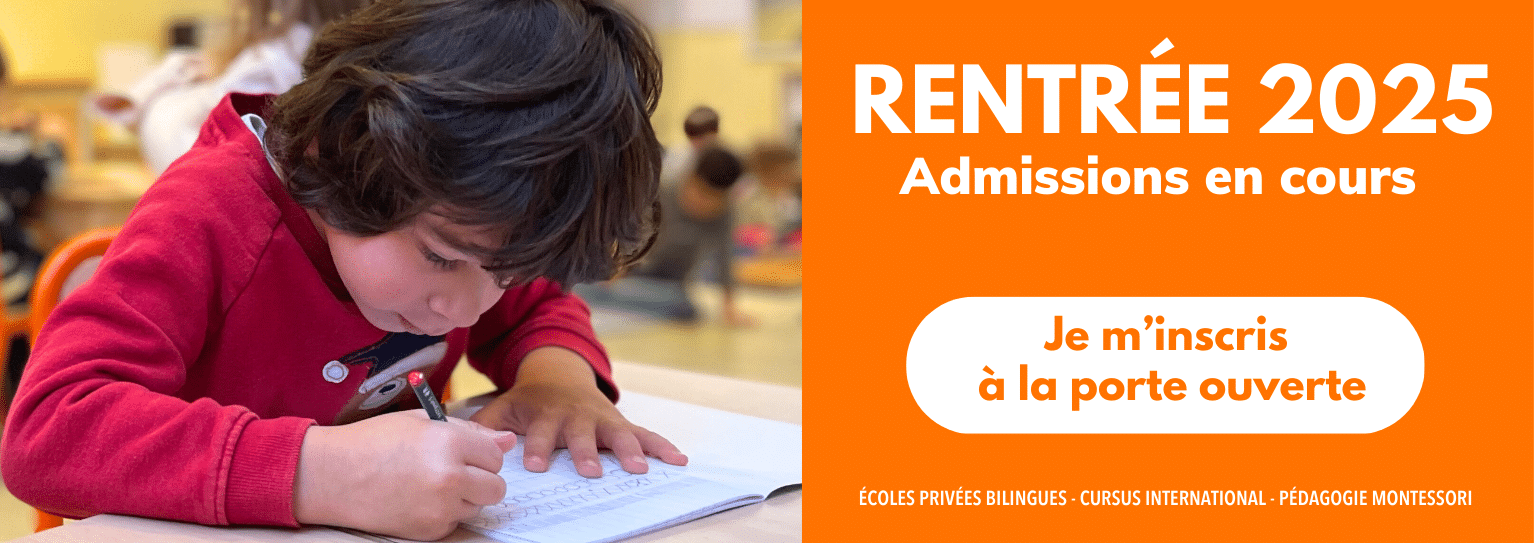The advantages of bilingualism
The latest neuroscience studies suggest that early entry into a bilingual school can have several beneficial effects on children's development, including language, writing and social skills. Here are some of these potential effects:
- Language development: Children exposed to two languages from an early age tend to develop greater linguistic flexibility. Their verbal comprehension and expression skills can be improved in both languages, which can have a positive impact on their overall communication.
- Writing skills: Learning two languages can also have a positive impact on writing skills. Bilingual children can develop a better awareness of linguistic structures, which can make it easier to learn spelling and grammar in both languages.
- Social skills: Entry into a bilingual school exposes children to peers who speak different languages, which can foster intercultural understanding and strengthen social skills. Children can learn to adapt to multicultural environments and develop a greater tolerance for linguistic diversity.
- Cognitive flexibility: Studies show that bilingual children can develop greater cognitive flexibility, meaning they are able to switch from one language to another more easily. This can help them solve problems creatively and adapt to different situations.
- Better academic performance: Some research suggests that bilingual children may perform better academically in certain subjects, such as math and science, due to their ability to think more abstractly and solve problems in innovative ways.
However, it's important to note that the benefits of early entry into a bilingual school depend on the quality of bilingual teaching, the family environment and the child's motivation. What's more, each child is unique, and the effects can vary from one individual to another. The key is to provide an environment conducive to learning both languages, and to respect the child's individual needs.


